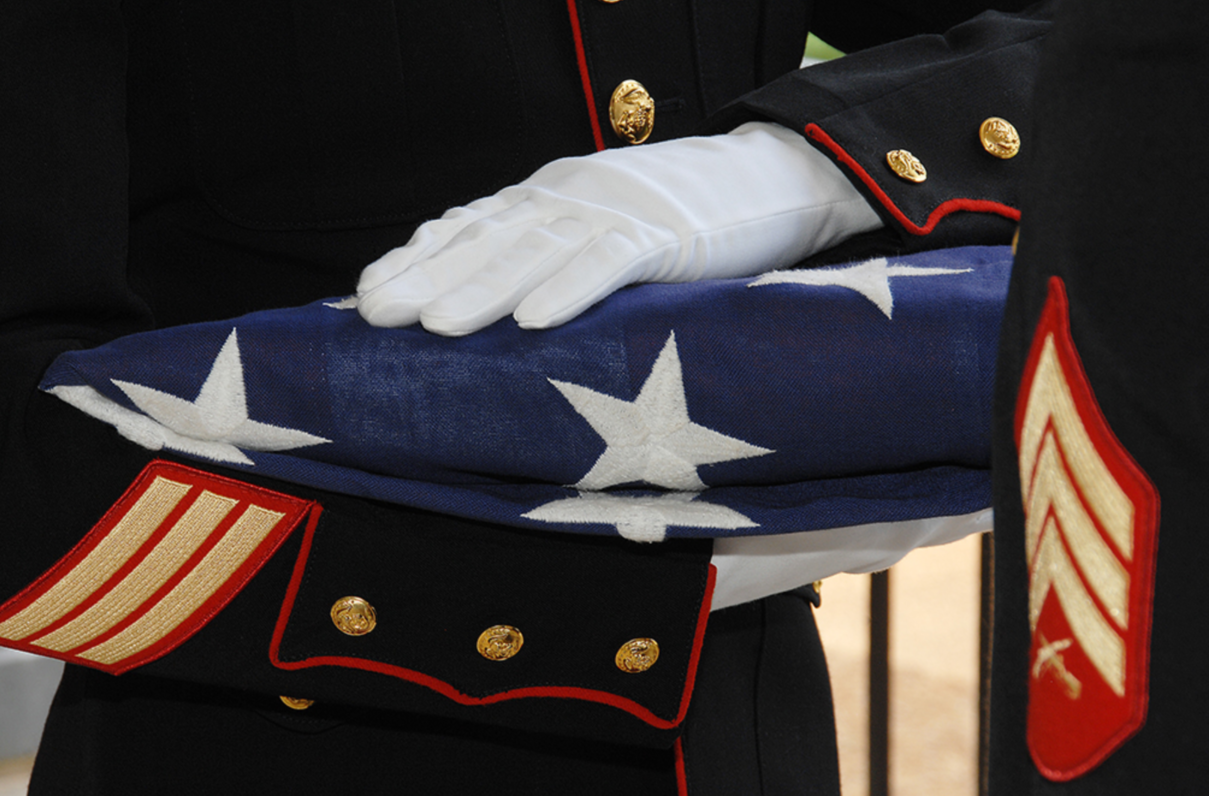 This article discusses one of MOAA's key Storming the Hill topics for 2019. For more about the topic and other areas of focus, visit our Storming the Hill page.
This article discusses one of MOAA's key Storming the Hill topics for 2019. For more about the topic and other areas of focus, visit our Storming the Hill page.
Under current law, survivors of deceased servicemembers must forfeit part or all of their purchased Survivor Benefit Plan (SBP) annuity when they are awarded the VA's Dependency and Indemnity Compensation (DIC). The loss of any portion of the SBP annuity is known as the widows tax. For approximately 66,000 military survivors, the "widows tax" makes SBP the only insurance product in the country that you pay into but can legally be prohibited from collecting.
SBP is a voluntary, member-purchased annuity provided by DoD, allowing a continuation of a portion of military retired pay upon the death of the servicemember. According to DoD, the intended purpose of SBP is to “insure that the surviving dependents of military personnel who die in retirement or after becoming eligible for retirement will continue to have a reasonable level of income.” After 9/11, coverage was expanded to include surviving dependents of active duty personnel deaths as well.
[RELATED: Visit MOAA's Legislative Action Center]
DIC is a VA-paid monetary benefit for eligible survivors whose sponsors died of a service-connected injury or disease. These separate benefits are paid for separate reasons and should not be construed as redundant compensation.
Surviving spouses of active duty or retired servicemembers who died of a service-connected cause are forced to forfeit $1 of their military SBP annuity for each $1 received in DIC. This offset wipes out most or all of the SBP check for a majority of survivors, totaling approximately $12,000 annually, including those whose servicemembers purchased the plan through deductions from their retired pay.
Over the years, Congress has helped a small minority of survivors by:
- raising the lump-sum death gratuity for servicemembers who died after 2001,
- ending the offset for survivors who remarry after age 57, and
- authorizing in FY 2008 the Special Survivor Indemnity Allowance (SSIA), a modest rebate to SBP-DIC recipients subjected to the widows tax.
However, the lump-sum increases in the death gratuity did not help the 95 percent of survivors whose spouses died of service-caused conditions before 2001. Further, while SSIA serves as evidence of congressional interest and support, it only provides relief for about 25 percent of the widows tax.
[RELATED: TV Station Shines New Light on Fight to End Widows Tax]
In 2007, Congress established a commission to review the appropriateness of veterans and survivor benefits. That commission agreed with MOAA and other veterans organizations that when military service causes a member's death, VA indemnity compensation should be paid in addition to the SBP annuity, not subtracted from it. The commission recommended Congress eliminate the widows tax.
No other federal annuity is structured with this offset; DIC is not deducted from federal survivor annuities for military veterans in civil service jobs. The time is overdue for Congress to repeal the SBP-DIC offset.
What About the Cost?
Congress estimates the cost of repealing the widows tax to be approximately $5 billion. If Congress cannot achieve full repeal all at once, there is a way they can still improve the lives of thousands of affected survivors.
When SSIA was established in FY 2008, it started as a very small allowance to survivors. As the program was renewed and extended, the allowance increased to its current amount.
Starting in FY 2019, future increases in SSIA will be indexed to COLA. And while it's commendable Congress has fixed about 25 percent of the total offset, more can be done.
Congress should continue to incrementally increase SSIA above COLA adjustments to help mitigate the overall effect of the widows tax. For instance, even small, $50 increases to the allowance can take big chunks out of the offset.
If Congress were to authorize standard increases of $50 in SSIA payments over the next five years, they could eliminate half of the total burden of the widows tax.
This would be a low-cost way for Congress to make a good faith effort toward eliminating a tax on military survivors.

